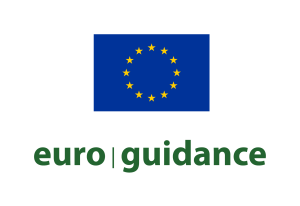Module 1: Why learning mobility
Completion requirements
EXPECTED LEARNING OUTCOME: You will be able to argument how learning mobility can help your client group develop skills that are in demand on the labour market
5. MODULE 1: KEY POINTS TO REMEMBER

Participation in learning mobility
- The Erasmus+ programme provides financial support for learning mobilities.
- Inclusion is one of the priorities for the new Erasmus+ and the goal is to include individuals who would not otherwise participate. Environment and climate action is another priority.
- People from the Nordic/Baltic countries also have access to funding for studies or work placements abroad through the Nordplus programme.
Skills gained by learning abroad
- Language skills, cultural knowledge and tolerance have often been understood to be typical competences that students will gain while studying abroad.
- Productivity, resilience and curiosity have also come to light as skills these students are likely to gain, often without noticing it. Guidance professionals can help the students identify these skills and make them visible.
- The development of intercultural competences does not happen automatically just by living abroad for a while, it is necessary to guide students towards actively developing these skills before, during and after their study period.
- Students who can understand the language of the area they plan to visit and express themselves to some degree, gain much more from the mobility than those who have fewer skills.
- Students should be encouraged to read as much reliable material as possible about their host country before going there.
- It may be necessary to point students’ attention to the aspect of tolerance towards “different” people before they travel abroad for studies.
Future employment
- Increasing the mobility of students and graduates may be crucial to developing Europe’s skilled labour force in order to strengthen its position as a knowledge-based economy.
- Studying and living abroad positively affects individuals’ future career opportunities and makes them readier to work in an internationally competitive labour market than non-mobile young people.
- Individuals with international experience tend to run a reduced risk of long-term unemployment, earn higher salaries and have more responsibility in their professional lives than those without it.
Future development of mobility
- The European Commission proposes to make international mobility truly accessible for all by increasing participation in the Erasmus + programme and by creating a European student card.
- In Erasmus+, additional grants are awarded to participants who choose a green travel option.
- Travelling sustainably also means having a holistic view, not only focusing on transport, but also on the choice of accommodation, food and what you choose to do during your stay abroad in general.
- Blended mobility is a combination of physical mobility with collaborative online learning, exchange and teamwork.
- Students who are not able to participate in long-term physical mobility may combine a shorter physical mobility with a virtual component.
